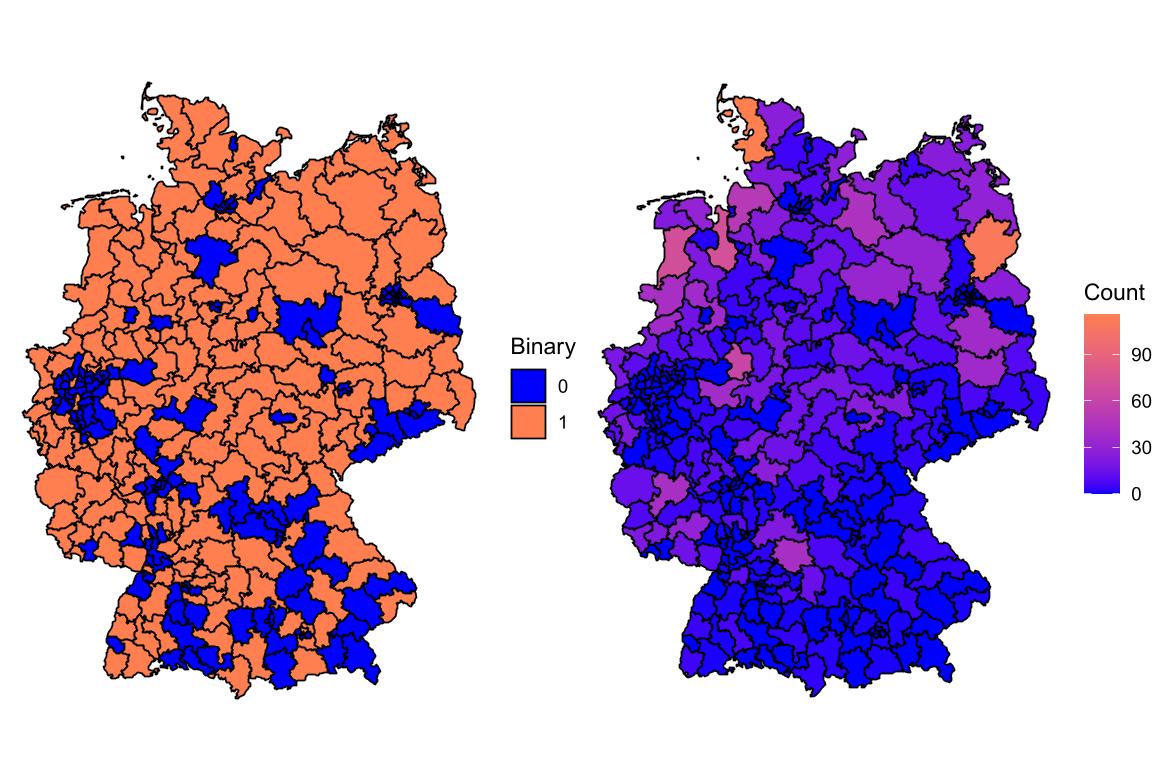When is policy made unilaterally rather than legislatively? Previous work focuses on the president’s so-called “first-mover advantage”, by which the president can issue an executive order and force other actors to respond. But in many notable cases, the president has moved second. Specifically, Congress often has had an opportunity to pass legislation first, after which the president pursues unilateral action only as a substitute should legislation fail. For example, in 1942, Congress amended the Emergency Price Control Act to give President Franklin Roosevelt the power to impose price controls on agricultural products, because members knew that he was going to pursue this authority unilaterally anyway. In a more recent example, Congress’s failure to pass comprehensive immigration reform motivated President Obama’s issuance of the Deferred Action for Childhood Arrivals (DACA) program.
How should we understand these cases theoretically? The existing framework presumes that the president interacts with a Congress that is subject to gridlock. Because a supermajority must agree to policy change, there are regions in which policy change cannot occur. If the president moves first, she can use knowledge of the gridlock region to issue executive orders that other actors will fail to reverse. But importantly, if the president moves second, gridlock intervals no longer coherently explain gridlock. Members of Congress looking forward should anticipate that if they choose to move policy, obviously it shifts. But if they fail to move policy, it also shifts anyway, due to the president’s unilateral powers. Essentially, gridlock intervals are constructed based on the position of the status quo. Yet under unilateralism, the status quo ceases to be relevant. Using a game theoretic model, I show that in such a case, members of Congress should be at least indifferent to moving policy themselves, and they strictly prefer it under risk-aversion. This conclusion is robust to important complications, such as judicial or practical constraints on unilateral action relative to legislation as well as veto players in Congress.
Why then does Congress fail to pass more legislation, when it knows that the president holds the sword of unilateral policy change over its head? I present an extended model in which approving legislation can actually signal a veto player’s ideological preferences to outside actors, such as primary voters or interest groups. While legislative policy means a stable, moderate compromise, unilateral policy means extreme points that may bounce around depending on election outcomes. And it is moderate members who are most averse to this volatility. Approving legislation then can signal that a member is moderate. And this could mean punishment by increasingly extreme outside actors seeking to make inferences about the ideological preferences of politicians.
The broader implication of this work is that the literature should put more focus on unilateral action as a function of outside influences in the same way in which the Congress literature, for example, has looked to these factors to explain legislative outcomes. Formal institutions remain important and relevant, but they interact with a broader political landscape that should not be ignored.
This blog piece is based on the article “Anticipating Unilateralism” by David Foster, forthcoming in the Journal of Politics, Volume 84, Issue 2.
About the author
 David Foster is Postdoctoral fellow at the Department of Political Science and Center for the Study of American Democracy, Kenyon College. He applies formal theory and quantitative methods to questions about American political institutions. He has examined executive action, political communication, Congress, the federal bureaucracy, lobbying, and interest groups. Foster has a secondary interest in the politics of local public goods, especially housing. You can find more information here and follow him on Twitter: @davidrfoster0
David Foster is Postdoctoral fellow at the Department of Political Science and Center for the Study of American Democracy, Kenyon College. He applies formal theory and quantitative methods to questions about American political institutions. He has examined executive action, political communication, Congress, the federal bureaucracy, lobbying, and interest groups. Foster has a secondary interest in the politics of local public goods, especially housing. You can find more information here and follow him on Twitter: @davidrfoster0



